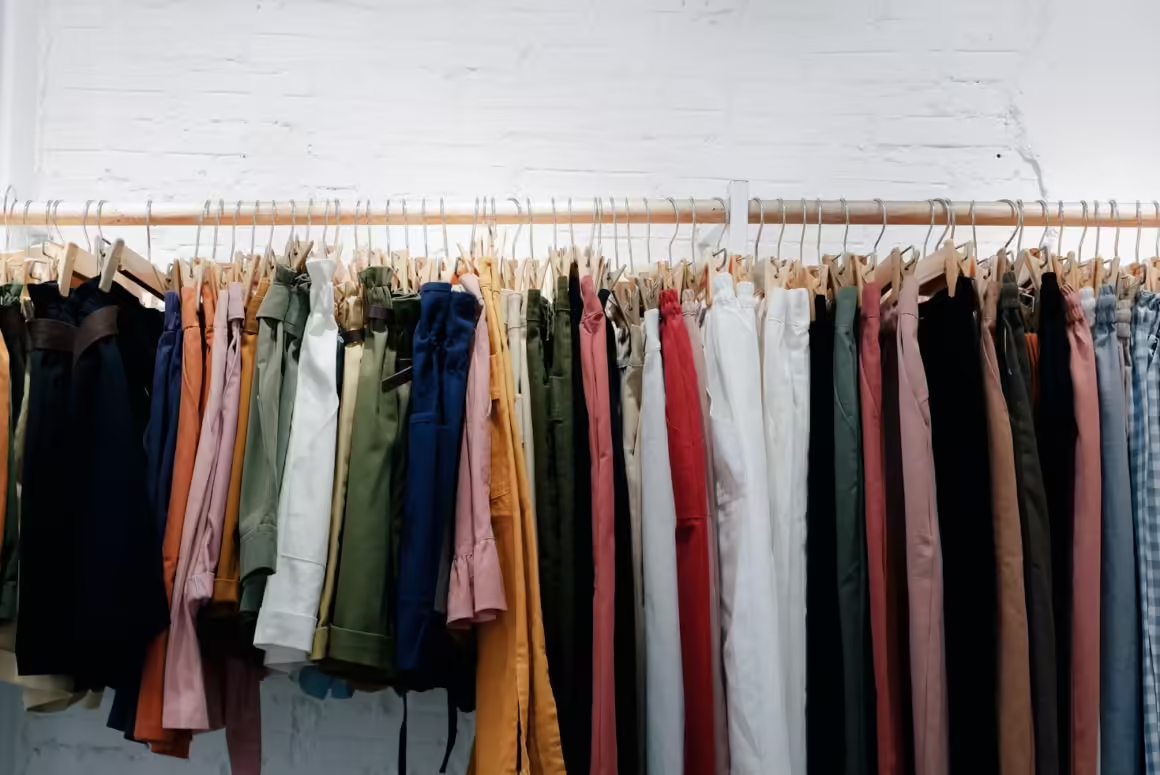The recycling clothes business is a booming industry that not only benefits the environment but also offers a lucrative opportunity for entrepreneurs. With fast fashion contributing to an alarming amount of textile waste, more and more consumers are seeking sustainable alternatives, making this an ideal time to venture into the recycling clothing industry.
This article will provide a detailed guide on how to start a successful recycling clothes business, covering key aspects such as market research, sourcing materials, processing techniques, and ways to market your eco-friendly venture.
1. Understanding the Recycling Clothes Business
The recycling clothes business involves collecting used clothing and textiles, processing them, and then reselling them in various forms. The industry is typically divided into three categories:
- Clothing reuse: This involves collecting gently used clothing and selling them as secondhand apparel.
- Textile recycling: In this case, unusable clothes are broken down into fibers that can be used to make new textiles or other products.
- Upcycling: This refers to transforming old or discarded clothes into new, stylish items without breaking them down into their raw materials.
Before diving into the business, it’s important to decide which category you want to focus on. Your choice will determine the sourcing, equipment, and processing methods you’ll need.
2. Conducting Market Research
Before launching any business, understanding the market is critical. Research the demand for recycled clothing in your area or online. Consider questions such as:
- Who are your potential customers? (Environmentally conscious consumers, thrift shoppers, fashion-forward individuals)
- What types of recycled products are most popular? (Upcycled fashion items, secondhand branded clothing, textile scraps for industrial use)
- Who are your competitors? What products or services are they providing, and how can you set your business apart from theirs?
Market research helps you identify opportunities and avoid potential pitfalls.
3. Sourcing Clothes for Recycling
Your business model will largely depend on how you source used clothing. Here are some common methods:
- Donations: Partner with local organizations, schools, or community centers to run clothing drives.
- Collection Bins: Place donation bins in strategic locations where people can easily drop off unwanted clothing.
- Partnerships with Retailers: Collaborate with fashion retailers who offer take-back programs. Many brands encourage their customers to recycle clothes and may donate their collected garments to your business.
- Bulk Buying: Purchase unsold clothing from thrift stores or wholesalers at low prices to recycle.
Building strong relationships with suppliers and consistently sourcing quality materials is key to the long-term success of your recycling business.
4. Processing and Recycling Techniques
Once you have sourced the clothes, processing them is the next step. Depending on your business focus, you’ll either clean, repair, or repurpose the clothes for resale, or you may break them down into raw fibers for textile recycling. Here are some methods to consider:
- Clothing Repair and Restoration: For secondhand apparel, inspect each item for damage, clean it thoroughly, and make any necessary repairs before reselling.
- Textile Shredding and Sorting: For textile recycling, clothes can be shredded into fibers, which are sorted by material type (cotton, polyester, etc.) and color. These fibers are then used to create new fabrics.
- Upcycling: If you’re focusing on upcycling, creativity is key. Consider reworking old clothes into new designs, such as turning worn-out jeans into fashionable bags or transforming old t-shirts into stylish accessories.
Investing in the right tools, such as sewing machines, fabric shredders, or dyeing equipment, will streamline the processing phase and improve efficiency.
5. Building Your Brand and Marketing
Branding is essential in differentiating your recycling clothes business from competitors. Emphasize the eco-friendly aspect of your business and communicate how your products contribute to reducing textile waste and supporting sustainable fashion.
Here are some effective marketing strategies:
- Create an Online Presence: Develop a professional website where customers can browse and purchase your recycled clothing. Make sure to highlight your mission and the sustainability aspect of your business.
- Leverage Social Media: Platforms like Instagram, Pinterest, and TikTok are ideal for showcasing before-and-after upcycling transformations or unique secondhand finds. Engage with influencers and bloggers in the eco-fashion space to spread the word.
- Partner with Local Stores: Sell your recycled clothing in local boutiques or partner with eco-conscious retailers who share your values.
- Host Pop-up Shops or Events: Organize community events like clothing swaps or pop-up sales where you can introduce customers to your recycled clothing.
- Educational Content: Share informative content about sustainable fashion, the impact of textile waste, and how your customers can contribute by supporting recycled clothing businesses.
6. Sustainability and Profitability
Running a successful recycling clothes business is not just about profitability; it’s also about promoting sustainability. Customers are more likely to support businesses that are transparent about their environmental impact. Share your recycling process, explain how much textile waste you’ve helped divert from landfills, and consider introducing eco-friendly packaging options.
Financially, the recycling clothes business has the potential for high margins due to the low cost of raw materials. With a growing market of environmentally conscious consumers, you can scale your business by expanding your product line or offering custom upcycling services.
Conclusion
The recycling clothes business offers a unique opportunity to merge profit with purpose. By diverting textile waste from landfills and offering sustainable fashion alternatives, you can build a thriving business that caters to the growing demand for eco-friendly products. With thorough market research, effective sourcing, and a solid branding strategy, you can carve out a successful niche in the recycling industry while making a positive impact on the environment.
